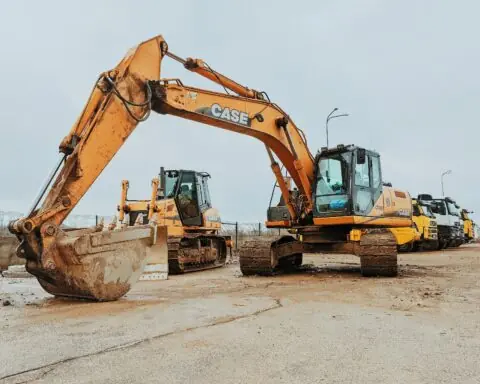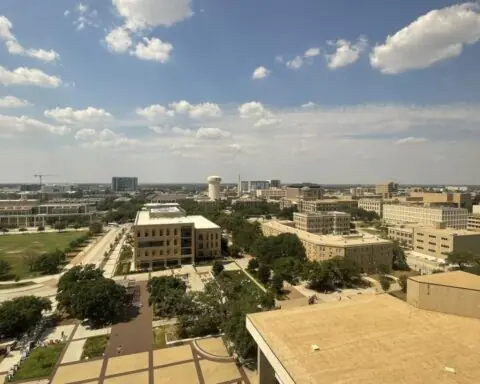Arkansas submitted its Final Broadband Equity, Access and Deployment (BEAD) Program Proposal Sept. 4., paving the way toward universal broadband coverage across the state. With its submission, Arkansas has joined the ranks of dozens of other states requesting federal funding to deliver high-speed, reliable internet to underserved and unserved communities lacking access to secure broadband networks.
The proposal outlines the state’s plan to use $1 billion to expand broadband infrastructure, aligning with the BEAD Restructuring Policy Noticed published earlier this year by the National Telecommunications and Information Administration (NTIA). The updated guidance placed new requirements for eligible entities to follow while deploying BEAD infrastructure. As a result, Arkansas rescinded all selections under its previous process and restarting the subgrantee selection round.
Arkansas’ second pass at the subgrantee selection round concluded with $308.3 million allocated to cover 79,274 locations across the state. A total number of 730 applications were received from 33 Internet Service Providers (ISP), with 23 ISPs selected for awards. Compared to the previous round, the state saved approximately $277 million in BEAD grant outlay.
The NTIA anticipates approving the final proposal by Dec. 4. Approval would allow projects to break ground in the first six months of 2026. Subgrantees will be required to begin providing services to locations within four years after receiving their award. ISPs will ensure their projects follow the updated broadband standards by building infrastructure that:
- Offer broadband at speeds of no less than 100 megabits per second for downloads.
- Offer broadband at speeds of no less than 20 megabits per second for uploads.
- Have latency times less than or equal to 100 milliseconds.
- Easily scale speeds over time to meet developing connectivity needs.
- Support the deployment of 5G, successor wireless technologies and other advanced services.
Project implementation would cover a variety of technologies, including fiber, low Earth orbit satellite service, licensed fixed wireless and hybrid. Fiber technologies remain the standout favorite for deployment, slated to connect 76% of locations selected for the program with broadband service.
Photo by Brett Sayles from Pexels














